Tarfelt sheet
Price 3000 INR/ Roll
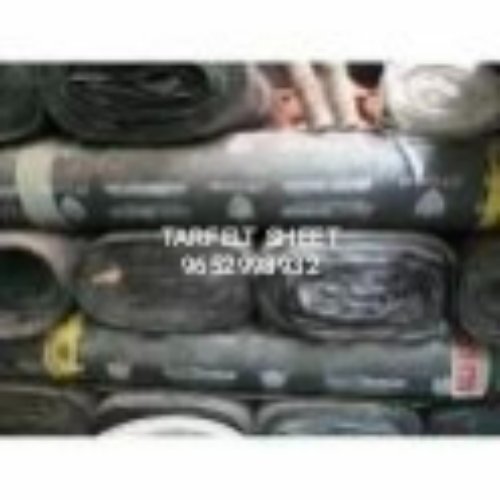
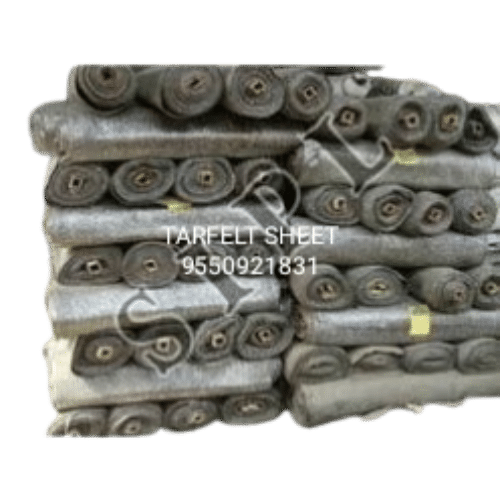
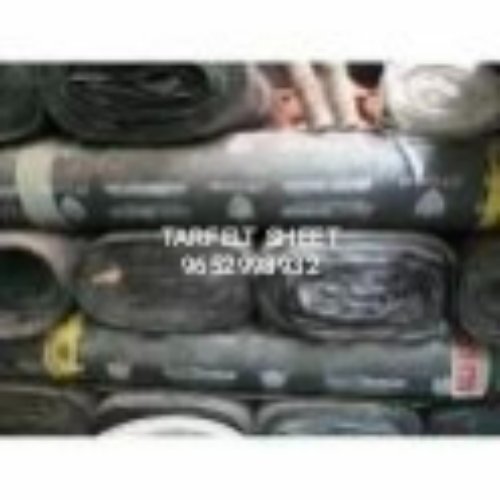
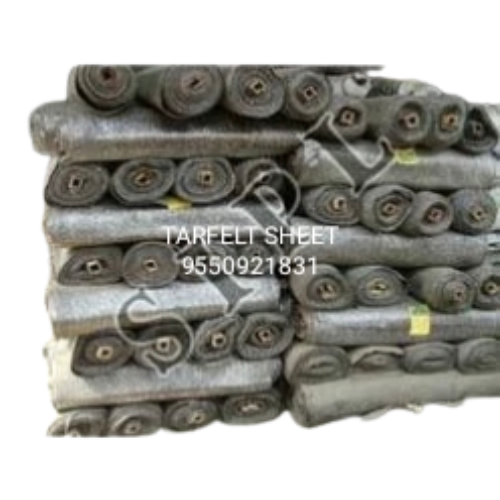
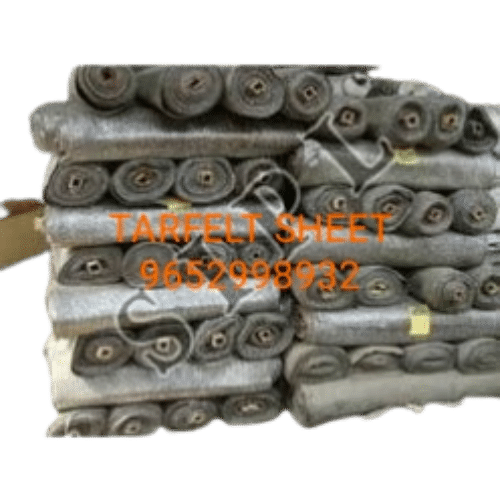
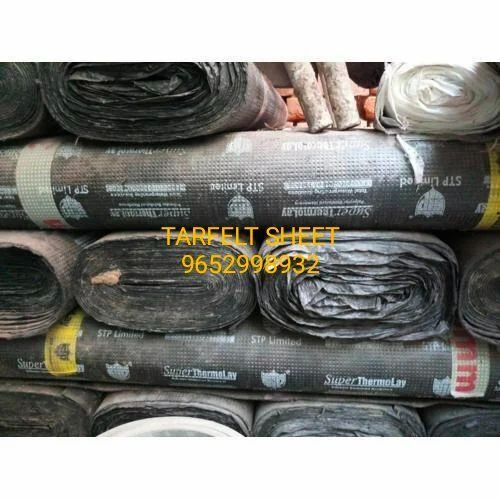

Price:
- 50
- 100
- 200
- 250
- 500
- 1000+
More Products in Rubber Products Category
Checkered Rubber Sheet
Price 540.0 INR / Number
Minimum Order Quantity : 100
Size : Custom sizes available
Usage & Applications : Flooring, walkways, stair treads, industrial work areas, antislip covering
Material : Rubber (Natural/Synthetic Blend)
Color : Black
5mmx1mtrx 2Mtr Plain Rubber Sheet
Price 55.0 INR / Kilograms
Minimum Order Quantity : 1 Kilograms
Size : 5mmx1mtrx2Mtr
Usage & Applications : Gaskets, Packing, Flooring, Shock Absorption, Industrial Sealing, Insulation, AntiVibration
Material : Natural and Synthetic Rubber Blend
Color : Black
Rubber hose
Price 1125.0 INR / Number
Minimum Order Quantity : 1 Number
Size : 1/2 inch to 4 inch (custom sizes available)
Usage & Applications : Industrial fluid transfer, hydraulic and pneumatic systems, water and air delivery, chemical transport
Material : Natural Rubber/SBR/NBR/EPDM (as per specification)
Color : Black
Slurry Rubber Hose
Price 3500.0 INR / Meter
Minimum Order Quantity : 6
Size : Standard
Usage & Applications : Industrial
Material : Rubber
Color : Black

 Send Inquiry
Send Inquiry
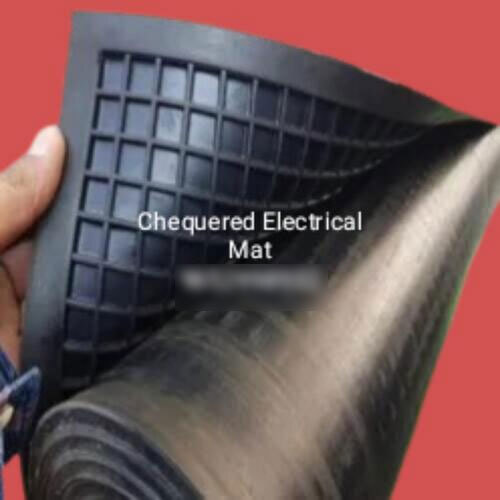
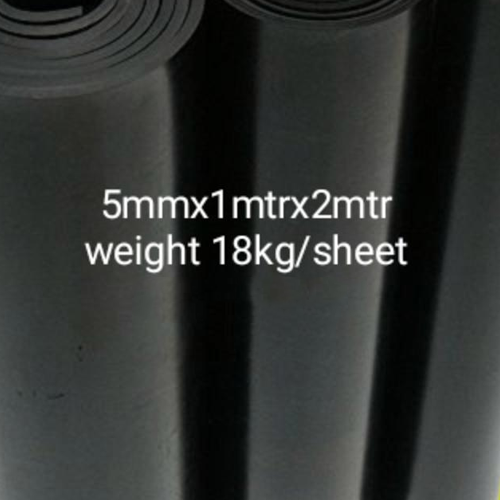
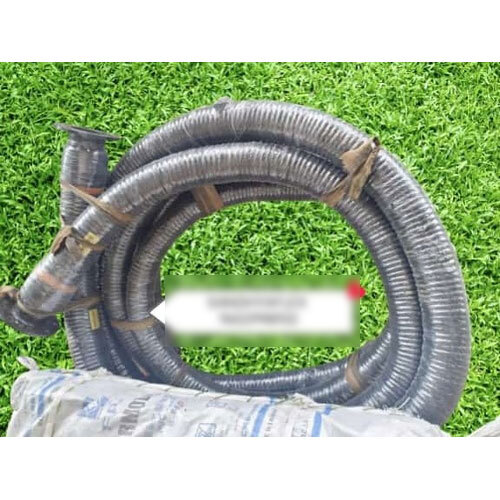
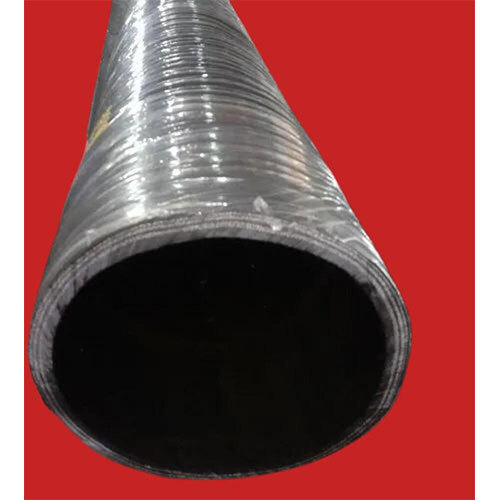


 Send Inquiry
Send Inquiry Send SMS
Send SMS